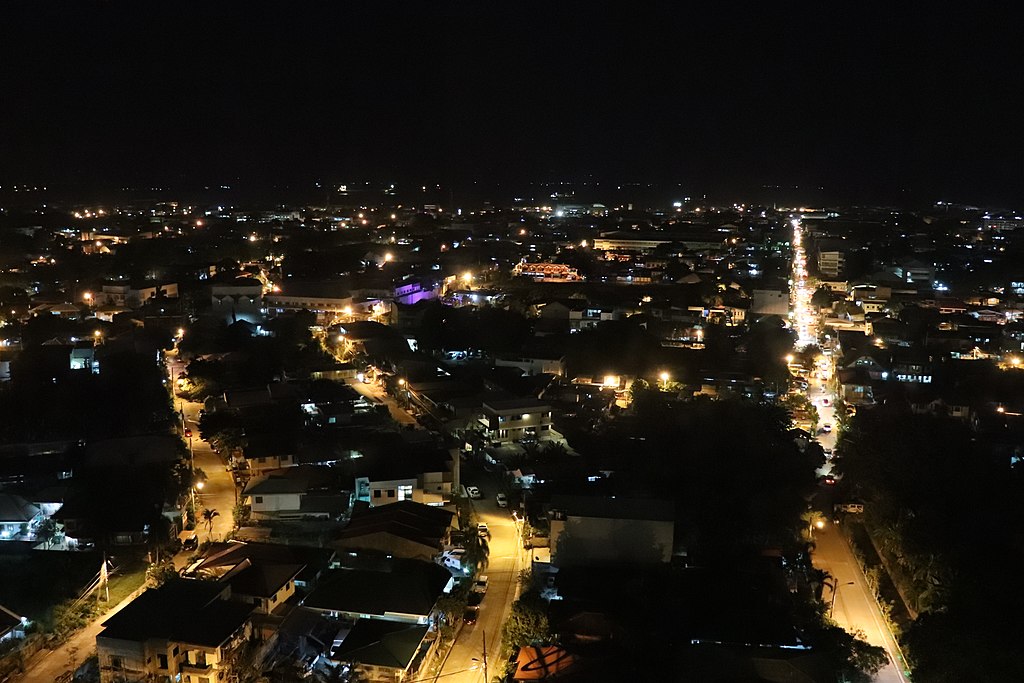Overall Score
On the island of Mindanao, in the Philippines, lies the city of Davao, a major port in the country. Most of the population is employed in the wood and food processing industries, as well as in the abaca (Manila penny) industry. Davao was founded by Spanish colonists. It became a city in the spring of 1937, under the leadership of President Manuel Quézón.
Dàvauau is today a tourist and cultural center in southern Philipines. It is surrounded by agricultural crop fields and forested massifs. The city is the center of beach tourism. Underwater diving has become very popular here. Underwater diving enthusiasts from many countries are attracted by the local coastal waters. Favorable natural conditions are conducive to the development of tourism. The mountains surrounding Davao do not allow the wind to enter its coastal areas. Thats why there are no winds or storms.
The city began its history in 1848 as a small village, which did not become a city until 1936. At one time there was a settlement in the village, which the Spanish colonists who had come to live there had driven out of their homes. Until 1990, Davao was a Spanish territory. Then the Spanish-Americans settled in the city afterwards. Thanks to their presence, the city soon became a thriving community. As a consequence, there were Japanese entrepreneurs who helped the local authorities develop agriculture.
In World War II, the city was occupied by the Japanese during the entire period until 1945. The second half of the 20th century was characterized by the development of agriculture and tourism. The many attractions attract visitors from all over the world to Davao. In 1926, the city hall was built there. In the 19th century, the Spanish colonists built the Quemp Domingo Leonore. Some of the people who frequent it are up to 6 meters long. In addition to crocodiles, there are tigers, buffalo, snakes, and a number of other animals. The symbol of the beginning of the economic development of Dawaawa was the Philanthropy of Furukawa.
Overall Score
- Air quality: 71 US AQI Moderate. Air quality is acceptable. However, there may be a risk for some people, particularly those who are unusually sensitive to air pollution.
- Tap water: No, not drinkable
- Religious government: Non-religious
- Population: 1,600,000 people
- GDP: $2,951 / year
- Power outlets: 230V60Hz


- Internet: 7 Mbps
- Best wireless: Smart
- Pay without cash: Yes, cards OK almost everywhere
- Tipping: Overall, tipping is usually not expected so the staff are not offended when you do not give a tip. Do not feel pressured to leave a tip if the service was poor. Philippines was traditionally a non tipping culture but tipping is increasingly common among the local population.
- Apartment listings: Ayosdito
- Apartments: Airbnb
- Hotels: Booking.com
- More hotels: Hotels.com
- Best taxi: Grab
- Best coworking space: The Cube
- Online electronics shop: Lazada
- Best short-haul air carrier: Cebu Pacific
- Best intl air carrier: Philippine
- Monthly costs for expat: $1150
- Monthly costs for family: $1600
- Monthly costs for local: $460
- Meal: $4
- Small Cola: $0.7
- Beer 1 Pint: $2
- Coffee: $1.4
View Larger Map

